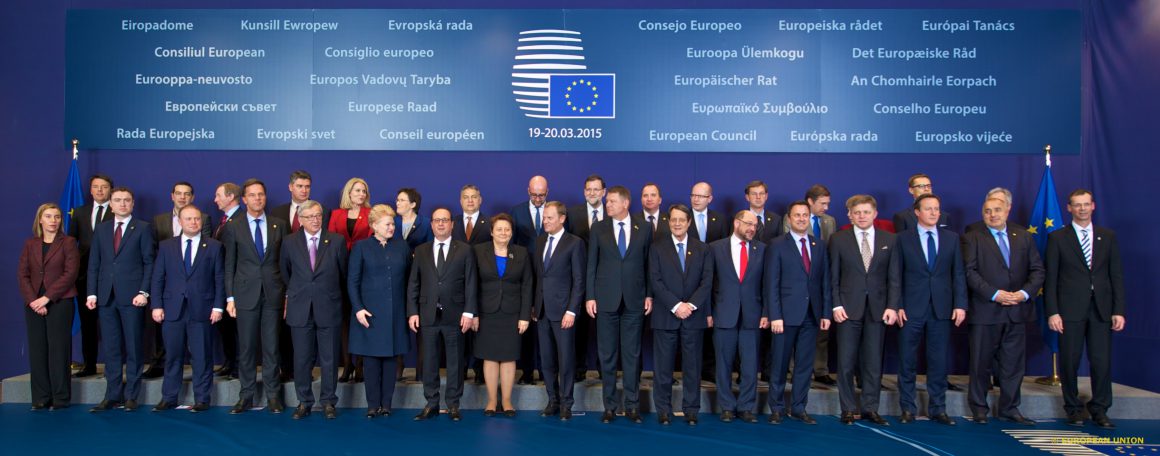The project for a single market for electricity and gas in Europe was given green light by European leaders at the EU Summit on 19-20 March. The European Council members also committed to support an active European climate diplomacy in line with the Union’s ambitious greenhouse gas emission reduction objective, and to expand infrastructure projects that aim to connect electricity and gas supply between countries.
The Energy Union has been a project at the forefront of the Juncker Commission’s agenda. It has seen a rapid progress since it was first presented by then Polish leader and current European Council President, Donald Tusk, as a non-paper to the European Commission in April 2014. The project’s main goal is to have a coherent European energy policy that reduces dependency on any single energy supplier, notably Russia, and promotes a more efficient use of energy in the EU by interconnecting member states’ supplies and by relying more on renewables.
Although the European policy is being crafted in Brussels, member states will have a say on how to structure energy supply on their territories and on what the conditions for exploiting their energy resources will be. Under the new European energy plan, governments can still decide on the energy mix they use, while national support schemes for renewable and nuclear energy might interfere with attempts of coordination at European level. Green NGOs, such as Friends of the Earth and Greenpeace, voiced their concerns immediately after the Energy Union was endorsed by EU leaders and said that a true EU energy system should include a cleaner mix of energies with a broader focus on renewables and emission cuts.
At the European Council meeting, the EU leaders also discussed Europe’s plans for economic reforms that would increase jobs and growth, and declared their support for peace and a government of national unity in Libya. Ukraine was also a priority on the agenda, and renewed calls for a sustainable, political solution to the crisis have been issued, alongside with demands for the implementation of the Minsk agreement by all parties. A special roundtable meeting, in the margins of the Summit, was dedicated to Greece’s financial crisis, who committed to accelerating the implementation of its bailout and to sending a list of proposed reforms to its EU financial partners.


